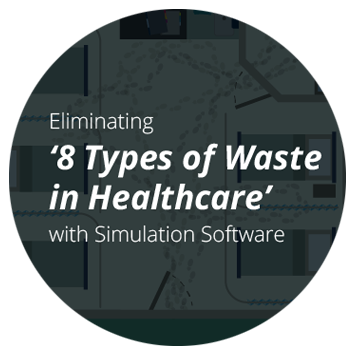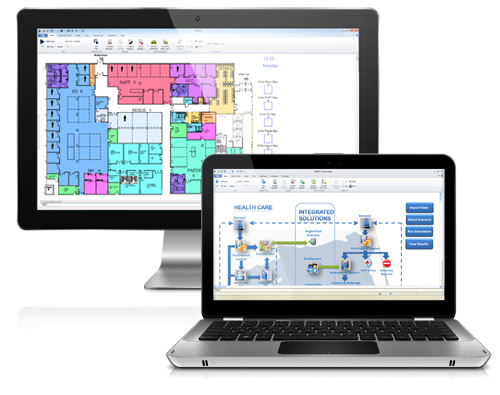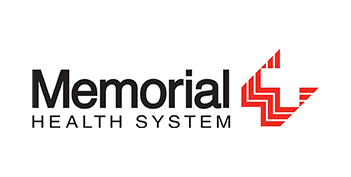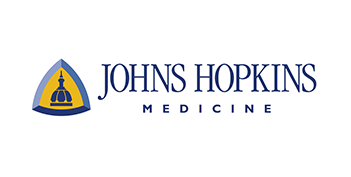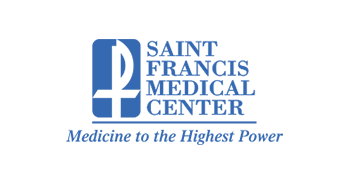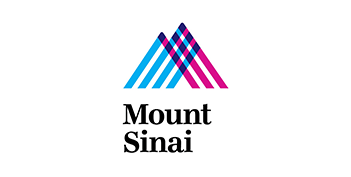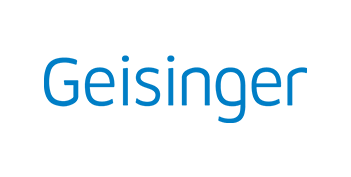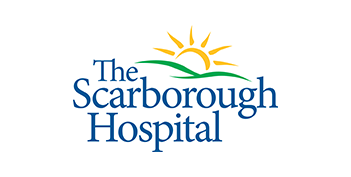Visualize processes to highlight bottlenecks and waste
Simulation provides a visual, interactive and easy-to-understand representation of your process.
Whether your simulation is showing patient queues building in an ED, or a series of operations grinding to a halt, nothing is more effective at communicating issues than letting stakeholders see them happening for themselves.
Experiment with process improvement in a risk-free environment
Altering processes in the real world can be costly and carry potential risks to patient safety and satisfaction.
Simulation allows healthcare organizations to fully test changes, validate their impact in a risk-free environment, and consider factors like return on expense for equipment and staffing.
Understand the long-term impact of changes
With simulation, you can see how scenarios will develop 2, 10 or even 100 years into the future within a matter of seconds.
This enables you to understand the long-term effects of potential process changes, how factors such as population change might impact them, and get the answers you need to make informed decisions now.
